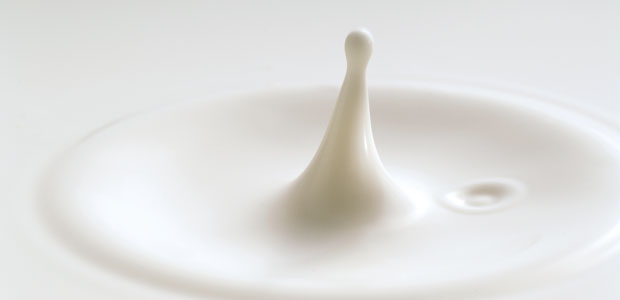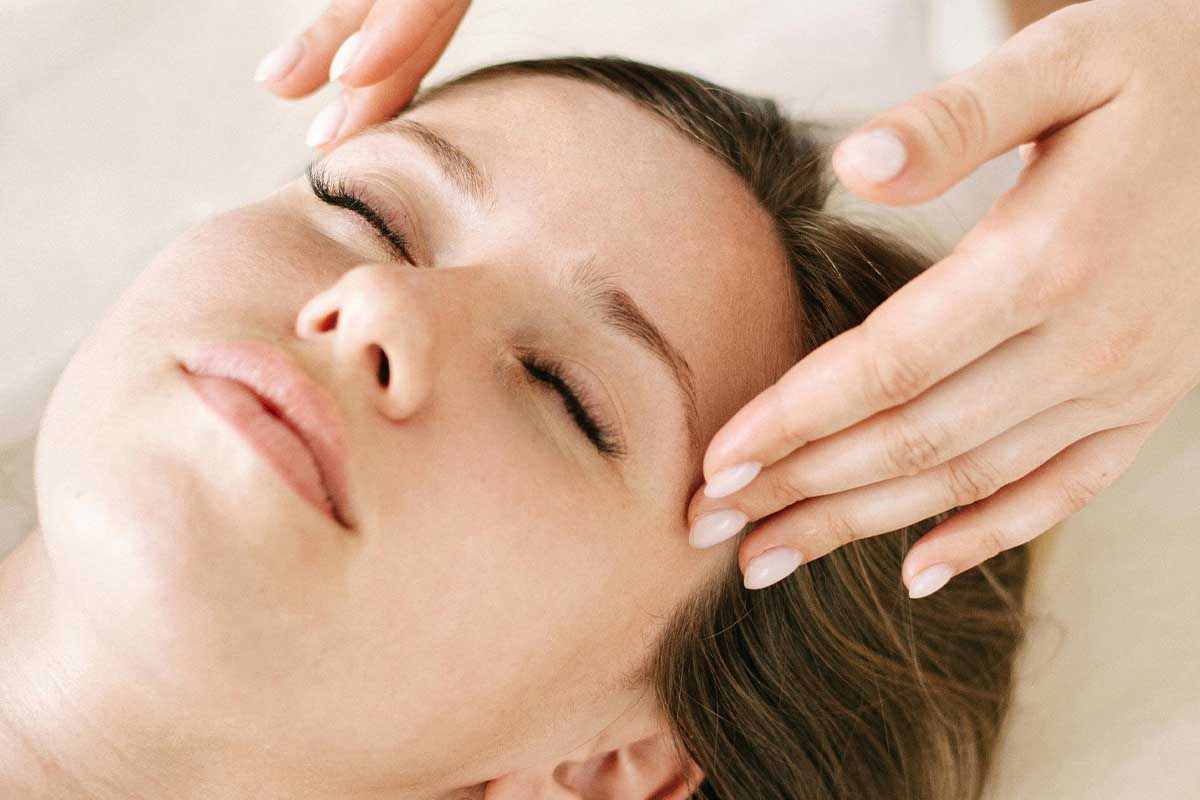Advertisement
Is Your Skin Thirsty?
Your skin–your body’s largest organ–acts as a barrier to the outside world, protecting your body’s tissues and other organs from damage and infection. It also prevents loss of water and other body fluids and helps keep body temperature in control. If your skin’s water content is less than 10 percent, it becomes dehydrated. Dehydration in … Continued

Your skin–your body’s largest organ–acts as a barrier to the outside world, protecting your body’s tissues and other organs from damage and infection. It also prevents loss of water and other body fluids and helps keep body temperature in control.
If your skin’s water content is less than 10 percent, it becomes dehydrated. Dehydration in the skin weakens its defence and creates skin sensitivity, irritation, and premature aging. Dehydration happens when the skin is no longer able to keep up its water content.
Your Body’s Natural Defence System
Within the outermost layer of your skin, known as the stratum corneum, are natural chemicals, such as lactic acids, urea, and salts that make up your natural moisturizing factor (NMF). Water naturally binds to your NMF and it is this water binding that creates skin hydration.
Balanced skin depends on the production and health of your NMF to enable your skin to both attract and retain water. Extreme temperatures, air conditioning, heaters, soap, medications, sun, alcohol, and smoking all affect this protective barrier of your skin.
To avoid dehydration in your skin, make sure you follow a good cleansing, exfoliating, and protecting program. A proper skin program will supply hydrophilic (water loving) substances to the stratum corneum that will then attract and retain moisture. These substances will also restore and maintain your skin’s natural barrier, preventing further water loss.
From the Outside In
To replenish skin externally, use a moisturizer. For a moisturizer to be effective, the ingredients must penetrate the skin’s outer layer to reach the cell-creating layers beneath. Here, cells continuously move up to replace the dead cells in the stratum corneum. Also, select natural skin-care products containing absorbable antioxidants such as vitamins A, C, and E to slow the natural aging process and fight against lipid peroxidation (free-radical damage) from the sun and environmental pollutants.
Ingredients such as camomile, rosehip, and aloe vera bring hydrating and moisturizing properties to the surface layers of the skin. Camomile ensures softness; rosehip, high in vitamin C, helps to reduce surface scars; and aloe vera plumps up the cells, reducing the appearance of wrinkles.
Cremes and lotions containing oil and water-soluble vitamins, in particular vitamins A, B, C, and E, will promote healthy cell growth. A recent addition to moisturizer formulas, the antioxidant co-enzyme Q10, when combined with vitamin E, promotes effective cell growth properties. Other beneficial ingredients include lactic acid (a natural fruit acid that improves skin hydration) linolenic acid, and flaxseed, evening primrose, safflower, and borage oils.
From the Inside Out
Of course, proper nutrition, plenty of sleep, outdoor exercise, and drinking at least six to eight glasses of water per day are essential for healthy, well-hydrated skin. But just drinking water will not always keep you hydrated. The body requires certain minerals called electrolytes to carry the water into the cells of the body. The best way to get a proper balance of electrolytes is to eat plenty of fruits and vegetables.
Flavonoids are also required to maintain healthy skin. Flavonoids are the group of plant pigments that give colour to fruits, flowers, and some vegetables. Great dietary sources of flavonoids are citrus fruits, berries, onions, green tea, legumes, parsley, and sage. Flavonoids slow down the destruction of collagen (the protein that structures skin and blood vessels), preventing and decreasing wrinkling, loss of skin elasticity, bruising, and varicose veins. Simply put, foods such as fruits and beans can slow down the aging process.
Remember, you’re only as old as you feel…and your healthy, well-hydrated skin can reflect your youthful zest for life!




